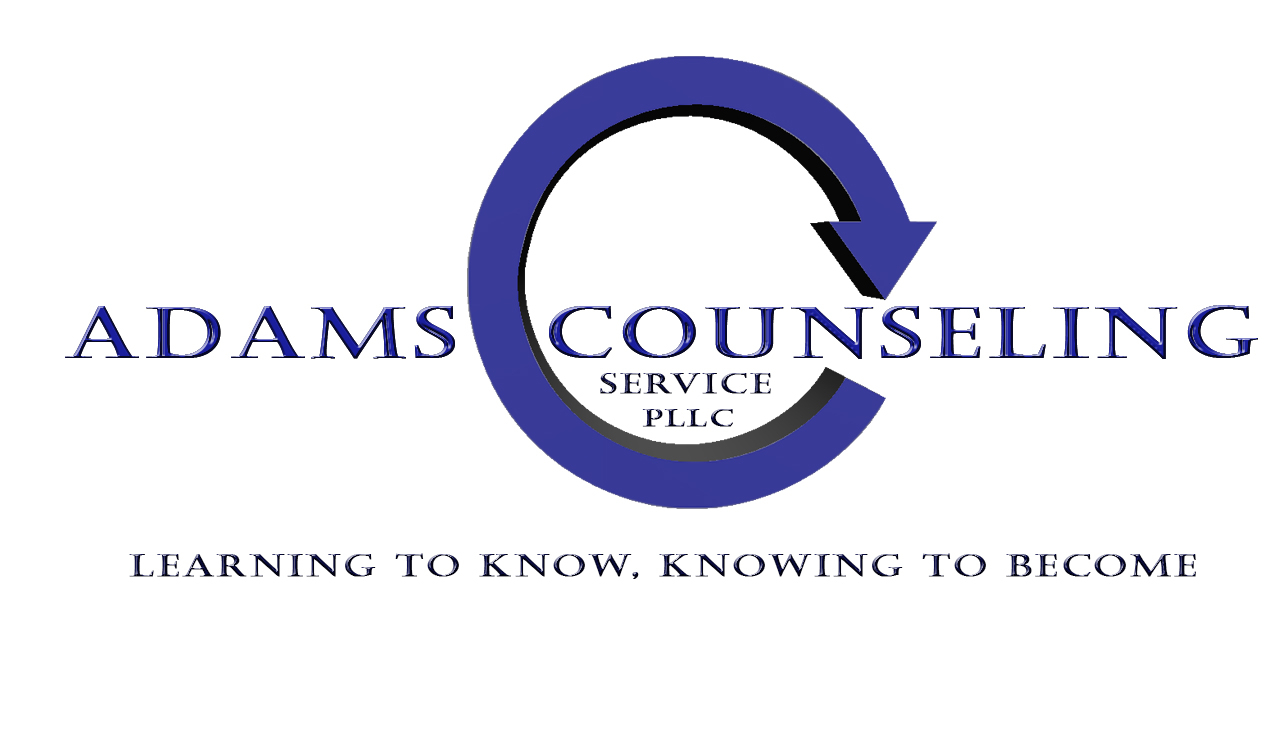What is a Mental Health Diagnosis?
Receiving a mental health diagnosis can be scary for some and a relief for others. What does it mean? What is a “mental health diagnosis?” According to the American Psychiatric Association, it is defined as ” a health condition that involves changes in emotion, thinking, or behavior.” They are associated with distress and/or problems functioning in social, work, or family activities. Usually most people come to a therapist when symptoms are interfering in the above areas of your life and its causing problems and threatening the safety of maintaining stability.
Why does a mental health diagnosis matter? A diagnosis matters because it can be used as a tool that doctors, therapist, and clients can use to make advisement on the types of treatment options available. It is a way to good treatment. It is also for health insurance companied to know you have a condition that requires medical care. If needed, the diagnosis can be used to apply for disability benefits. Knowing what’s ailing you can give you a sense of control. This gives you the opportunity to learn more about the disorder, how its treated, and receiving resources needed to manage it.
Now that I am diagnosed, what’s next? In my practice, I often start working with Clients by asking them how much do they know about the diagnosis they were given. Often times, they don’t know much or nothing. I take the time to explain what the diagnosis mean and how it presents itself. I go over the criteria used to determine the diagnosis. I believe Clients have a right to know how the diagnosis is made, what is the reason they are giving it to you and how it will be used.
Here are a few things I recommend to get you started:
- Ask your doctor to explain your illness to you. Ask about symptoms, treatment options available, and if there are any resources in the community they refer their Clients to.
- Where can you go to find information about your illness? Ask for bool recommendations, websites, and other resources that will be helpful and provide further information. One source of information that is well known and useful is NAMI. They are the National Alliance on Mental Illness are have a myriad of resources and services for those that live with mental illness.
- Learn about your symptoms and the treatments available.
- Keeping a journal during this time will be helpful because there is a lot of information that you will be hit with during this time and having a place to keep up with all of it can reduce the stress of trying to remember it.
